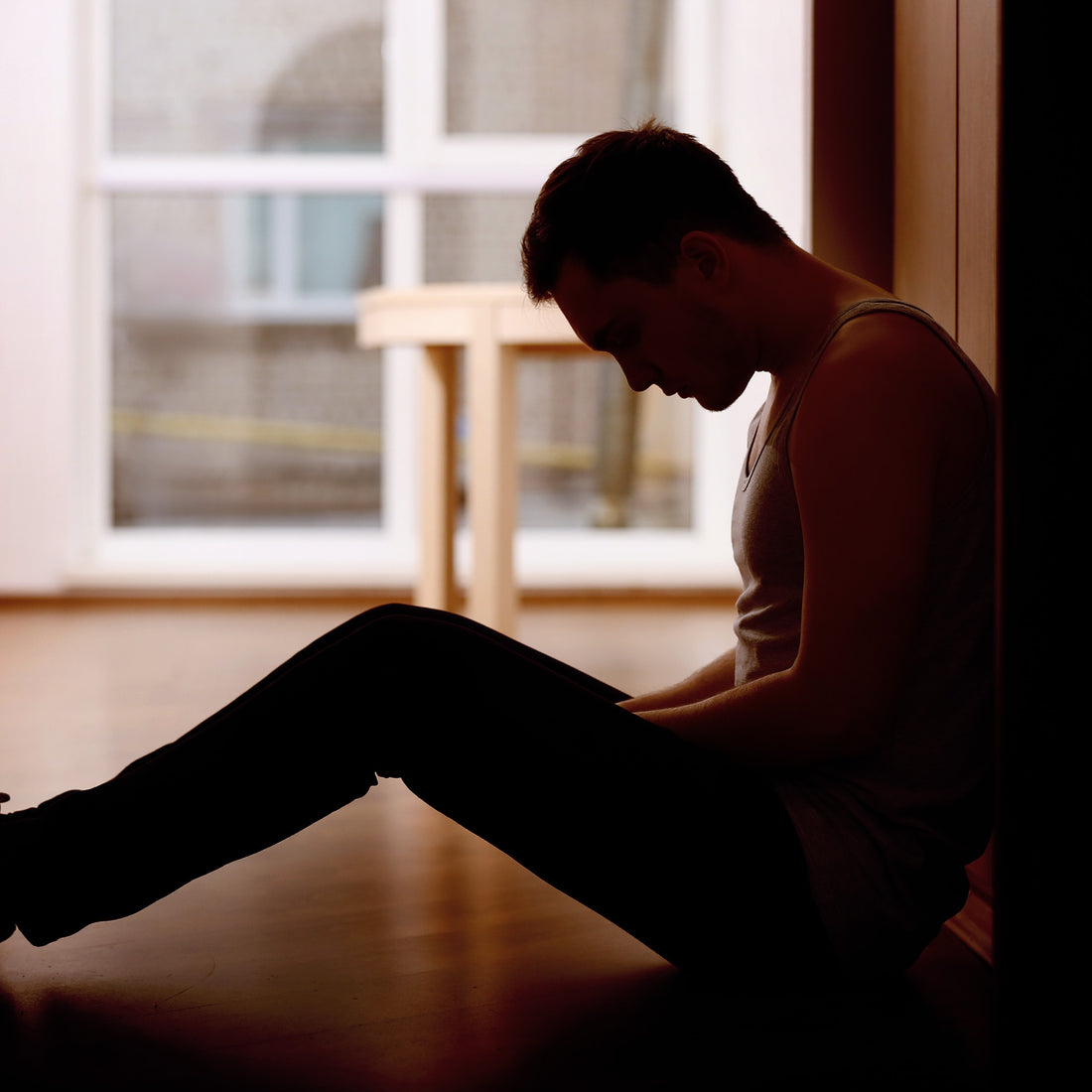MEN – THE SILENT SUFFERERS

BE STRONG…. CHIN UP…. DON’T CRY…. MAN UP….
In contrast to their women counterparts, Men often find it hard to open up about mental health and are less likely to seek and receive treatment when dealing with it. Call it a ‘silent epidemic’, by virtue of certain biological propensities and one-track societal perception, many men all across the globe suffer from mental health issues in silence, leading to innumerable other potential problems. In a report issued by WHO, it has been highlighted that cultural stigma surrounding mental health is one of the chief obstacles to people admitting that they are struggling with mind issues and this stigmatization is peculiarly conspicuous in men.
WARNING SIGNS
Both the genders develop same mental conditions and disorders but the symptoms can be different for everyone and vary depending on the type of mental health condition. Most common symptoms in men are –
- Anger, irritability or aggressiveness
- Change in sleeping patterns
- Visible changes in mood, energy level or appetite
- Suicidal thoughts
- Alcohol or substance abuse
- Aches, headaches, digestive problems without a clear cause
- Increased worry and stress
- Obsessive thinking or compulsive behavior, etc.

CONTRIBUTING FACTORS
Burden of fulfilling the Breadwinner role:
Even today women are viewed as caregivers in families even if they are working and men to be the primary financial providers and as a consequence this reason ties back to the image of masculinity and the mental problems that can create. Things like finances, the sense of responsibility and fulfilling needs of the family are some of the things that can build up to the point that they become overwhelming.
Traditional gender roles and characteristics:
Traditional ‘manly’ traits expected of men including strength, dominance, endurance, self-dependence, control etc. may negatively impact a man’s mental wellbeing at one point. In certain scenarios, such traditional standards may conflict with a man’s true feelings but voicing this struggle can be extremely difficult, perhaps due to societal norms.

Trauma:
Occurrence of extreme emotional events such as being sexually abused, experiencing combat, witnessed a violent event, or being in high stress situations regularly can have an impact on the mind. Any ruinous issue that occurred in childhood such as abuse or family related matters can also lead to an increased risk of mental health disorders in adulthood.
Willingness to seek help and accessibility to it:
Social ideals, reluctance to talk, downplaying of symptoms are some of the reasons for men not seeking out help for mind issues, no matter how badly they are hurt. The fear of being perceived as weak keeps many from letting their closed ones know that they are in need of help. Even some of the men fail to recognize they even have mental health issues, making it unlikely that they’ll reach out for support.
SOLUTION / TREATMENT

The bottom line is that mental health care for men should be taken seriously. It should be recognized as a social issue as much as a health issue with more male-tailored options and health system that respond to men’s needs. With effective treatment and support system, men can learn to manage their symptoms and begin to feel better. Some of the treatment options are –
- Medical assistance
- Peer support
- Healthy lifestyle changes
- Psychotherapy
MENTAL HEALTH IS AS PRECIOUS AS PHYSICAL HEALTH, THE EARLIER YOU GET ONTO IT, THE BETTER IT IS FOR YOU!!
Mental Health Awareness Week looks at mental health with a different perspective, the emphasis is mainly on prevention, early intervention and health promotion. It's important to talk, reach out and stay connected. That decision to begin a conversation with a friend or a person you know or even a loved one especially on mental health takes needs strength, willingness and a lot of courage. If we have the power to make a difference in their lives, we must take an action by looking out for those around us.




